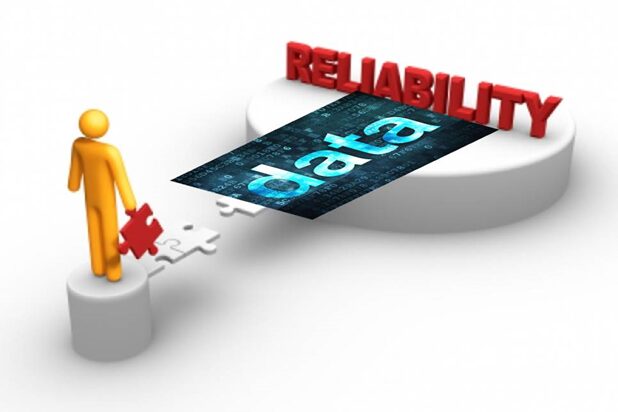White Papers
Beyond Observability: Data Trustability Platform for Snowflake Data Cloud
Leveraging Machine Learning for Superior Snowflake Data Quality
All data, whether from your Data Warehouse or a reputable data provider in a marketplace, must be validated to be trusted. Users have to go beyond mere Observability to Data Trustability. The only practical option to autonomously validate data to obtain an objective Data Trust Score is to leverage Machine Learning.
This white paper highlights an approach that will ensure data
from the Snowflake Data Cloud has superior quality data that can be used for its intended purpose.

A Framework for AWS S3/Azure ADL/GCP Data Lake Validation
Without effective and comprehensive validation, a Data Lake becomes a data swamp. With the accelerating adoption of AWS S3/Azure/GCP as the data lake of choice, the need for autonomously validating data has become critical. While solutions like Deequ, Griffin, and Great Expectations provide the ability to validate AWS/Azure/GCP data, these solutions rely on rule-based approach that are rigid, non-flexible, static, and not scalable for 100’s of data assets and often prone to rules coverage issues. These also solutions do not provide an easy way to access the audit trail of results.
Solution: A scalable solution that can deliver trusted data for tens of 1,000’s of datasets has no option but to leverage AI/ML to autonomously track data and flag data errors. It also makes it an organic, self-learning system that evolves with the data.

How to Establish Continuous Data Validation in Snowflake in 60 Seconds?
With the accelerating adoption of Snowflake as the cloud data warehouse of choice, the need for validating data has become critical.
According to a 2021 study by Boston Consulting Group data quality is lagging in most companies.
Despite significant investments in data quality solutions, most organizations are not able to ensure quality in their data assets because of the challenges they face.
Need a Solution? Download this White Paper

Autonomous Data Trust Score for Alation Data Catalogs
With the accelerating adoption of Data Catalogs as the core component for enterprise data governance, the need to provide information about the health and usability of the data assets has become critical.
With the availability of standardized data trust scores within the data catalog, users can easily determine the usability and relevancy of the dataset in their particular use case.
Download the white paper to read more.

How to Architect Data Quality on Snowflake – Serverless, Autonomous, In-Situ Data Validation
Snowflake data warehouse runs the risk of becoming a data swamp. Existing rule-based data quality solutions can validate Snowflake data, but are not scalable for 100's of data assets and are prone to rules coverage issues. More importantly, these solutions provide an easy way to access the audit trail of results.
Solution: Organizations must consider a scalable solution that can autonomously monitor 1000's of tables to detect data errors as soon as the data lands.

Turbo Charging Data Governance Platform with Data Trust Score
Trust and Data Quality are keys to making the most efficient use of data and data governance platforms. It is vital to measure and communicate the quality of data to ensure that stakeholders are making decisions based on good information. DataBuck enables Alation users to evaluate data quality with a trust score for data assets as part of the Alation Data Catalog.

13 Essential Data Validation Checks for Trustworthy Data in the Cloud and Lake
When data moves in and out of a Data Lake or a Cloud, the IT and the business users are faced with the same question- is the data trustworthy? Automating these 13 essential data validation checks will immediately engender trust in the Cloud and Lake.

Turing Award Winner's Insights on Data Reliability
Turing Award Winner and MIT Professor, Dr. Michael Stonebraker wrote a white paper outlining his transformative view on data. He believes real digital transformation must start with clean, accurate, consolidated data sets. These ideas are already driving major change at GE, HPE, Thomson Reuters, and Toyota. This is a summary of his paper.

AI-Led Cognitive Data Quality
Data Quality issues are hidden in all organizations, yet prevalent. Data Quality identification process is generally static, obsolete, time-consuming, and low on controls. This paper outlines the failures of the traditional DQ process, and how using cognitive algorithms in identification of poor data reduces effort and cost, and improves DQ scores dramatically. The only scalable path to good, reliable data is to leverage the power of AI to validate data autonomously.
